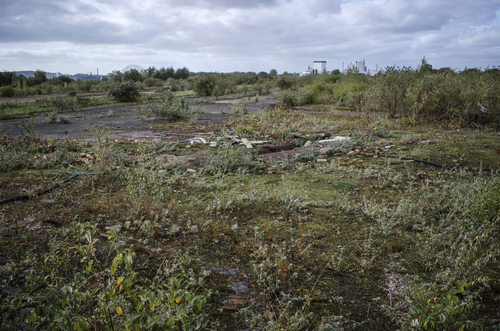U.S. Reps. Mike Turner (R-OH) and Mikie Sherrill (D-NJ) introduced legislation in the House that seeks to restore the expired tax incentive that allows developers to fully deduct the costs of environmental remediation of brownfields in the year the costs were incurred.

Brownfields are underutilized or vacant industrial and commercial areas, like former gas stations or abandoned factories, that remain undeveloped because of environmental contamination concerns. There are an estimated 450,000 or more brownfields across the country. The Brownfields Redevelopment Tax Incentive Reauthorization Act would seek to revitalize these sites through tax incentives.
The Brownfields Tax Incentive was first passed in 1997, allowing taxpayers to deduct remediation expenditures for the cleanup of a property if the property was used for trade, business, or producing income. However, the incentive expired on Jan. 1, 2012, and has not been reauthorized since.
“During my tenure as Mayor of Dayton, I identified a brownfield redevelopment project that spurred the construction of what is now the Dragons’ home, and I have proudly worked to repurpose the Miami Valley’s brownfields for development ever since,” Turner said. “Day Air Ballpark has become a vibrant economic and social anchor in Downtown Dayton, attracting hotels, breweries, and condominiums to the area. Communities nationwide can use the Dayton model to spur private investment, and I am grateful for Congresswoman Sherrill’s partnership in this meaningful effort.”
Sherrill added that brownfields redevelopment is a great opportunity to take abandoned and even environmentally hazardous sites and transform them into new business opportunities and community spaces.
“Unfortunately, the high costs associated with redevelopment make it difficult to move projects forward. That’s why I’m introducing this bipartisan bill to offset the cost of revitalizing these sites. These projects will in turn create jobs, expand opportunities for businesses, and increase property values,” Sherrill said. “We’ve already seen positive results in communities like Bloomfield that have turned a brownfield site into a community park and flood mitigation area. With this tax credit, we will be able to build on that success and create new opportunities for housing, infrastructure, business, and recreation.”